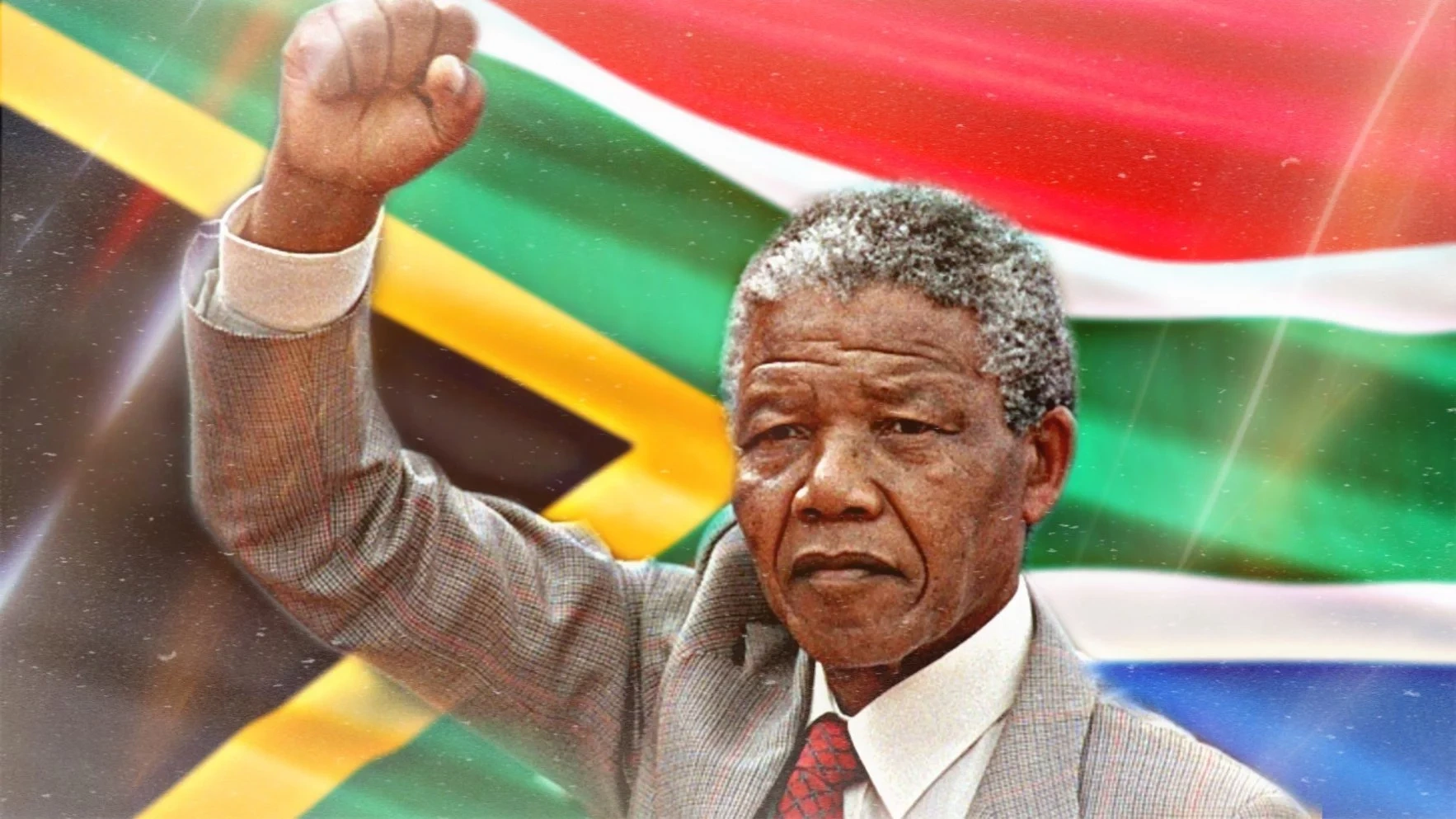Celebrating His Spirit on Mandela Day
On the 18th of July every year, mankind around the globe takes the time to commemorate the life of one of the greatest moral and political leaders: Nelson Rolihlahla Mandela. Referred to as the name Madiba, the life of Mandela was a strong choice against oppression and a powerful illustration of the force behind forgiveness, reconciliation, and eternal hope.
Life and Battle of Nelson Mandela
Nelson Mandela was born in 1918 in a rural village Mvezo in South Africa and lived in a period when the entire country was strictly segregated according to the racial basis. He was a student of law and participated in anti-apartheid activism in the 1940s. Being one of the founders of the youth league of the African National Congress (ANC), he soon became an outspoken force and a leader who was not afraid to speak out.
The case that marked a major twist in the life of Mandela was in 1964, where he was arrested and sentenced to life imprisonment on the charge of conspiracy to topple over the apartheid regime. It is in 1990 that he was released after 27 years in prison, of which 18 were in Robben Island. Four years after that he was elected the first black president of South Africa and the first democratic leader South Africa ever had as the sitting president.
Values of Mandela: Forgiveness, Reconciliation and Leadership
Probably, the greatest thing about Mandela was the ability to forgive others. He did not avenge himself despite spending close to 30 years in jail. On the contrary, he encouraged peace and unity, and through his employ, South Africa has undergone an incredible transformation, transcending the apartheid to democracy.
The leadership style of Mandela was based on humility, self-respect, and a philosophy towards communal development. His role as president rather than the centralization of power could be characterized by the decentralization of power, the establishment of a government of national unity, and the promotion of truth-telling by the Truth and Reconciliation Commission.
Mandela Day: It Is Not a Tribute Only
In 2009, the United Nations declared a day in honor of Mandela, known as Mandela Day, on which they request people take 67 minutes out of their hectic schedules to go to some part of their community to help out in any way possible a tribute to the 67 years Mandela spent in the service of his community. It is a worldwide movement and a request to citizens to assist in transforming the world into a better place with the start of simply performing good deeds and being civically minded.
However, Mandela Day is not all about remembering. It also serves as a reminder that the values of Mandela are not the values of the past but blueprints of the future.
Mandela Continues to Relate in the Present Day
Equality and Justice over Race
Even though systemic racism and inequality are very real problems in the world, the struggle that Mandela fought against apartheid is still very relevant. Whether it is the Black Lives Matter movement in the U.S. or the anti-racist campaigns in Europe, the echo of Mandela’s voice can be found in the demand for justice, dignity, and human rights. He helped us remember that being free is not just to sneeze out of his chains but to live in such a manner that he does not diminish the freedom of others, but as often as he can he increases it.
Unity of Diversity
Mandela appreciated the need for different views and cultures. His focus on unity and reconciliation can teach humanity a very important lesson, considering the contemporary state of political polarization, where division becomes more of a virtue than dialogue. When he preached the idea of the Rainbow Nation, he reached people towards embracing each other not despite their diversity, but because of it.
Youth Empowerment
Mandela also had a lot of hope in the youth since he referred to them as the current leaders of tomorrow. In the era of climate crisis, economic anxiety, and social politics, youth remain on the forefronts of action. The example of Mandela has encouraged another generation to lead with character, strength, and honesty.
Servant Leadership
With all the lack of faith both in political institutions and political leaders, the example of Mandela as servant leadership is outstanding. He took the lead to benefit everyone, not himself. He ruled out being elected as president of the U.S more than once and showed his opinion of democracy as a good rather than power.
There is Hope in Hard Times
The life of Mandela will teach us the importance of patience and persistence. He used to have no hope about his release throughout 27 years of prison. When cynicism or hopelessness is the only thing that many people can feel after global crises: wars, pandemics among them, Mandela reveals to us that change can be made even in the most unfavorable circumstances.
Living the Dream
Honoring Mandela has nothing to do with idolatry, but rather living the example left by Mandela. It might be helping young people grow, volunteering, raising your voice against injustice, or just living with dignity and respecting everyone; no matter how big or small each of us will contribute. It is up to an ordinary person to make this world a better place as was stated by Mandela.
The legacy of Nelson Mandela is not a moment in history only; it is a sense of navigation amid the present and the future. In this Mandela Day, it is not just to honor a great man but honor his ideas by living to them. His applicability is not just in the narration that people do but also the behavior that they exhibit. Mandela still stands head above all the rest in a world that is desperately weak in seeking justice, mercy, and a sense that people can live together, not apart.








